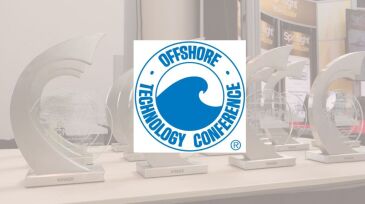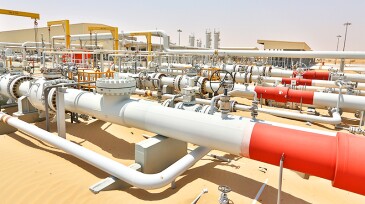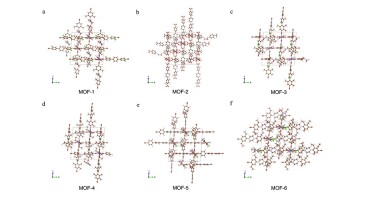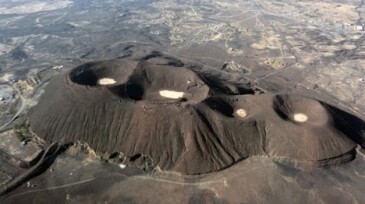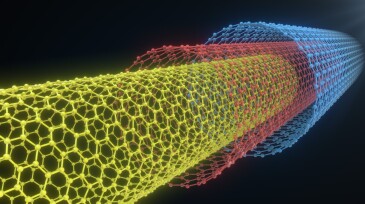R&D/innovation
Ongoing seismicity concerns and orphan well risks are pushing operators and regulators to explore alternatives for managing produced water.
The $26-million project will serve as a collaborative hub for research, engineering, and testing.
The NLR has released its 2025 US Geothermal Market Report, documenting 4 years of industry growth and providing policymakers and stakeholders with an updated overview of the US geothermal market.
-
A total of 15 companies, including five small businesses, were recognized this year for their demonstrated advancements in the industry.
-
More than two dozen artificial intelligence systems are being celebrated for delivering massive value to the national oil company.
-
Longtime leaders in artificial lift discuss and share their insights on the rapidly evolving segment’s past, present, and future.
-
The world of artificial lift has witnessed a remarkable revolution over the past 25 years, with many of the events and technology trends recorded in the Journal of Petroleum Technology.
-
There will always be a need for good artificial lift engineers. So, what should the next generation of its professionals be trying to pursue?
-
Early adopters of large language models praise the technology’s promise to advance upstream research and software development while also offering cautionary notes.
-
Artificial intelligence is increasingly being used to assist in the development of materials, including metal-organic frameworks (MOFs), to advance carbon capture technologies. Researchers assembled more than 120,000 new MOF candidates within 30 minutes.
-
SponsoredWith almost three-quarters of the global greenhouse gas emissions coming from the energy sector, there is a heavy burden and a huge responsibility on the shoulders of all countries of the world to transform the energy sector to be cleaner and greener by eliminating these emissions.
-
With a successful pilot under its belt, Thailand's national oil company is planning a bigger production unit.
-
The Research Council of Norway’s $118,000 grant will support development of longer fishbone laterals to raise production while lowering carbon footprints.




